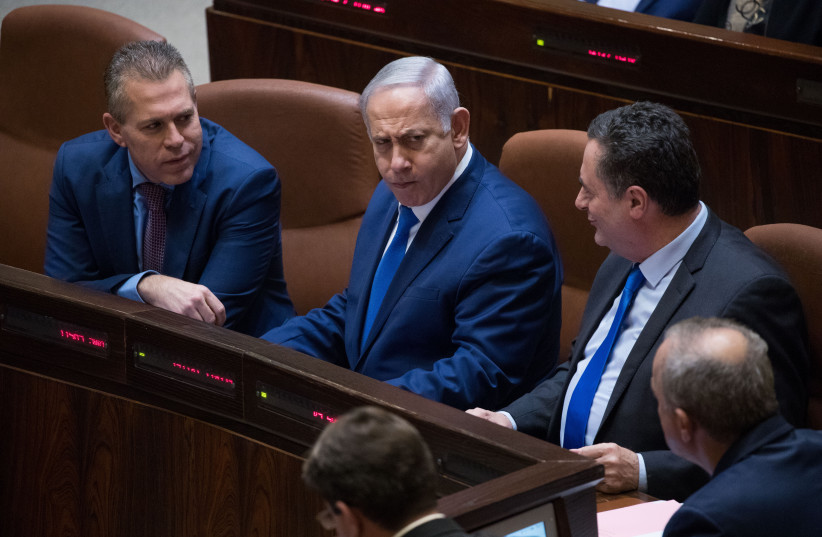UN Ambassador Gilad Erdan testified during Prime Minister Benjamin Netanyahu’s corruption trial at the Jerusalem District Court on Monday that he wasn’t aware of approval for the 2014 sale of the Yad2 secondhand website being expedited due to pressure by then-Walla CEO Ilan Yeshua.
Former communications minister Erdan took the stand for the second day running to testify on Case 4000, in which Netanyahu is accused of facilitating regulatory changes to benefit Bezeq owner Shaul Elovitch in exchange for favorable coverage on Walla.
One of the prosecution’s allegations against Netanyahu is that the sale of Yad2, which was then owned by Elovitch through Walla, was sped up through connections with the prime minister.
“The conclusion of the investigation shows that Elovitch needed people in the Prime Minister’s Office to advance your signature to approve the sale,” the prosecution told Erdan.
"The conclusion of the investigation shows that Elovitch needed people in the Prime Minister's Office to advance your signature to approve the sale."
Prosecution
Elovitch’s attorney decried the claims as lies and asked Erdan if he had been asked to speed up the deal’s approval.

“I don’t remember a question about the pace or acceleration,” said Erdan. “There were only technical procedures because two signatures were needed.”
Erdan said that he wasn’t aware of pressure from Yeshua to speed up the process, and the Elovitch team claimed that internal correspondence showed that communications ministry personnel were those seeking to expedite matters.
Elovitch purchased Yad2 in 2010 for around NIS 156 million and turned the website around for NIS 800m., according to Calcalist.
The prosecution had pointed to Erdan’s interactions with Yeshua when the former was in the Likud’s media department for the 2013 election, as an indication of conflict of the positive coverage connection.
The defense denied that there were any abnormalities in the relationship, citing an article from the middle of the election that was critical of Netanyahu. The defense noted that the article also had a paid advertisement from the Likud on the website.
What did Erdan say the day before?
On Monday, Erdan testified on his telecommunications reforms, and the prosecution’s allegations that Netanyahu had impeded them to help Bezeq.
The telecommunications reforms would reduce Bezeq’s monopoly on the market, and create more competition, as well as better prices and services, Erdan explained. The 2014 reforms required Bezeq to allow the use of cable and internet line ducts built during its time as a state company.
Some of these reforms were delayed when Netanyahu loyalist Shlomo Filber served as director of the communications ministry and the prime minister as communications minister. The reforms were eventually implemented.
Erdan testified on Monday that he wasn’t aware of a connection between his removal from the office due to Elovitch’s complaints about his reforms.
While Elovitch had complained about the reforms and warned of connections in the government, Erdan said that he didn’t take it seriously. He also said that he didn’t speak much about Bezeq’s complaints to Netanyahu, and received no instructions from him regarding Elovitch.
Erdan’s testimony was set to end yesterday, and former Netanyahu chief of staff Ari Harow was set to continue his testimony today, Wednesday, but fell ill.
Instead, a hearing will be held on the details of the testimony of Israeli businessman Arnon Milchan, who is accused of bribing Netanyahu with gifts in exchange for aid in obtaining a US visa.
Milchan claimed to be too ill to come to Israel to take the stand. On Monday, the court approved the prosecution’s request that the businessman testify remotely through a video call.
